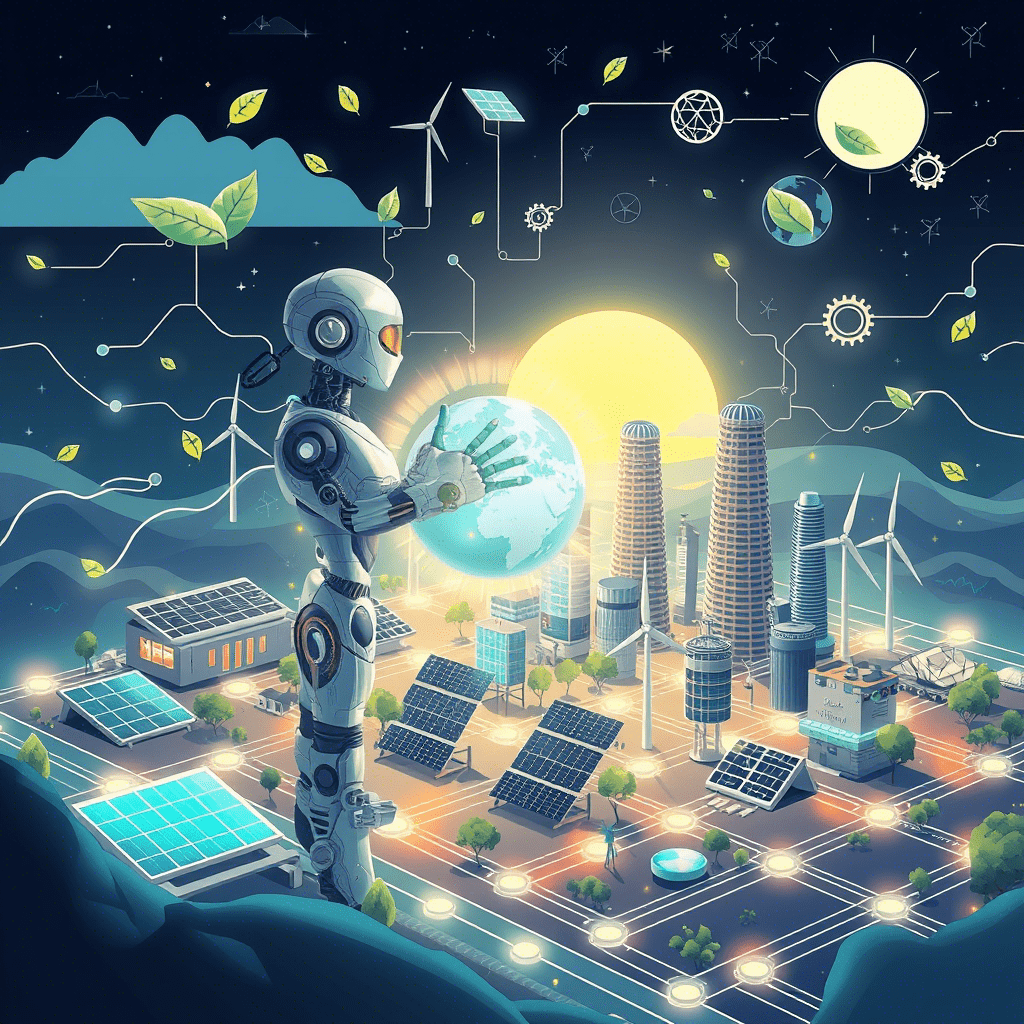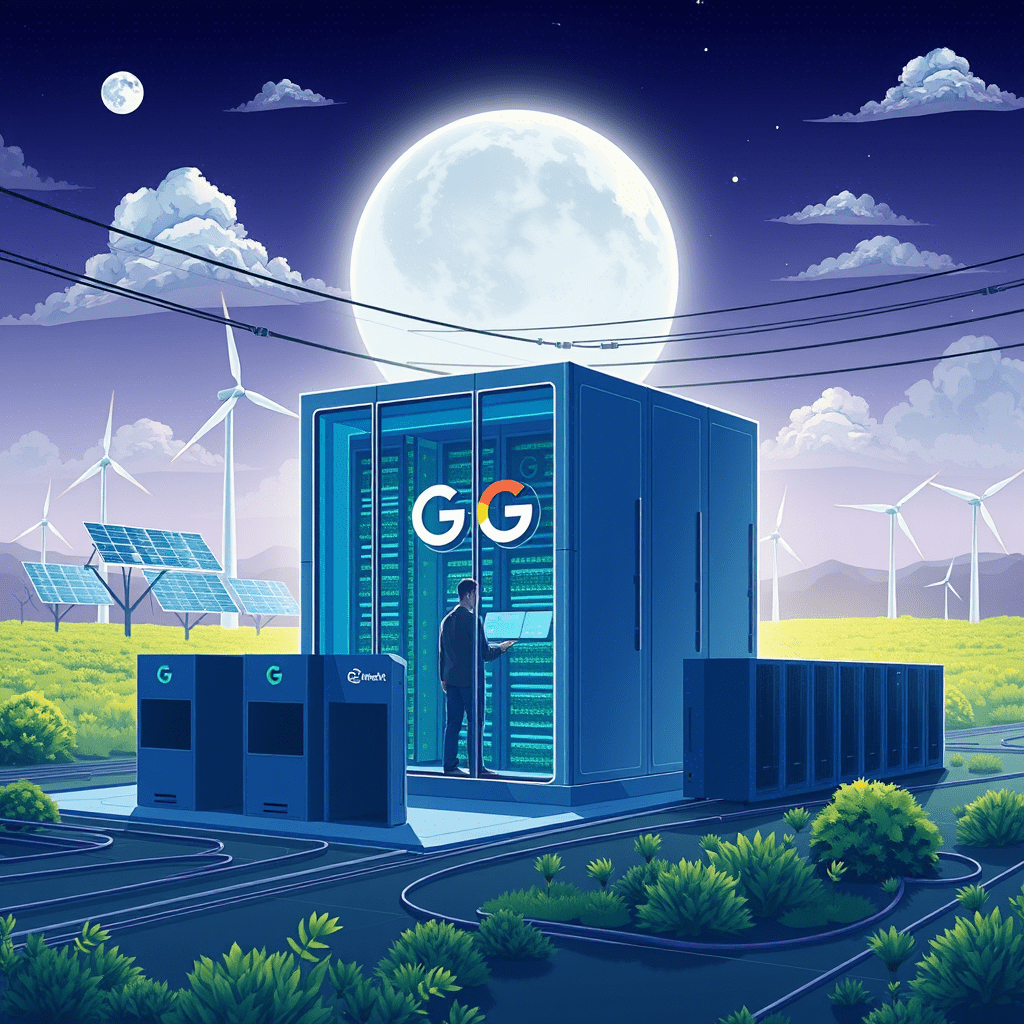Mljet Island, one of Croatia’s best-kept secrets, is emerging as a model for sustainable tourism. Surrounded by crystal-clear waters and covered in lush greenery, this Adriatic paradise invites travelers to explore its natural wonders—now increasingly by solar-powered boat. As the island embraces eco-friendly innovation, it offers a glimpse into the future of responsible travel while preserving its pristine beauty.





